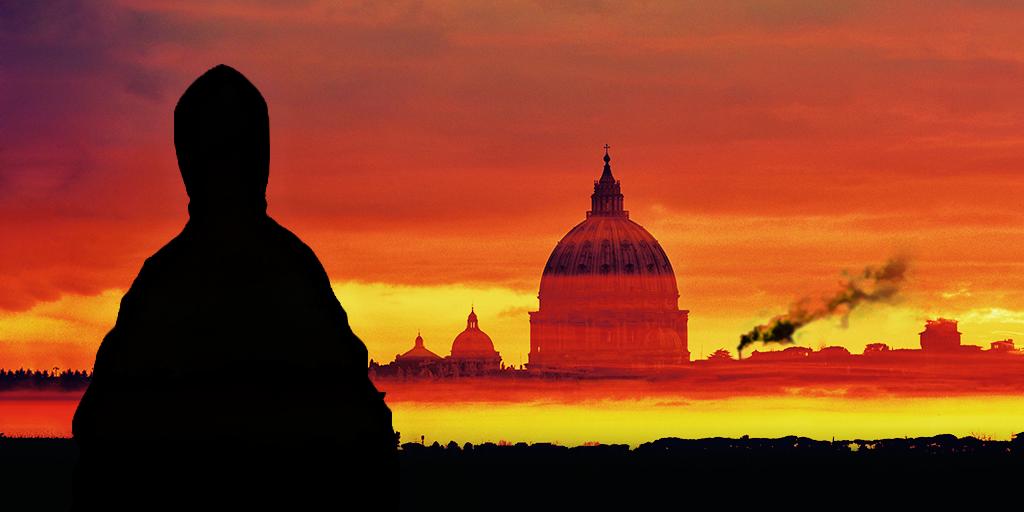
A New Pope Coming
After weeks of battling with his health, 88-year-old Pope Francis died on April 21. His twelve years in the papacy were marked by what many saw as liberal changes in the Roman Catholic Church. Some were supportive while others were condemning.
The conclave to elect his successor has been set to begin on May 7. According to Catholic doctrine, any “baptized Catholic male with the use of reason” can be elected pope, though it has been more than 500 years since someone who was not already a cardinal has been chosen (Catholic.org). Much speculation surrounds the upcoming papal election. Some want the next pope to continue in the way of Francis, with continued liberalization, while others emphasize the need to return to clear Catholic orthodoxy, lest there be a schism in the church (The Times, April 23, 2025). Some speculate that the next pope could come from the global south, such as an African cardinal, while others feel he should again be a European, or even an Italian. Regardless of human desires, the biblical truth is that God raises up and sets down powerful human leaders on the earth in order to ultimately bring about His own plans (Daniel 2:21).
And what are those plans? Bible prophecy indicates that there will be a future, powerful religious leader who will support and exalt a coming European “beast.” This man will symbolically have “two horns like a lamb,” but will speak “like a dragon” (Revelation 13:11). Catholics believe that the pope is the successor of the Apostle Peter and that the next pope will carry on his spiritual lineage. However, history and the Bible teach otherwise. To learn more about the history of this false Catholic teaching, read “The Petrine Deception.”



